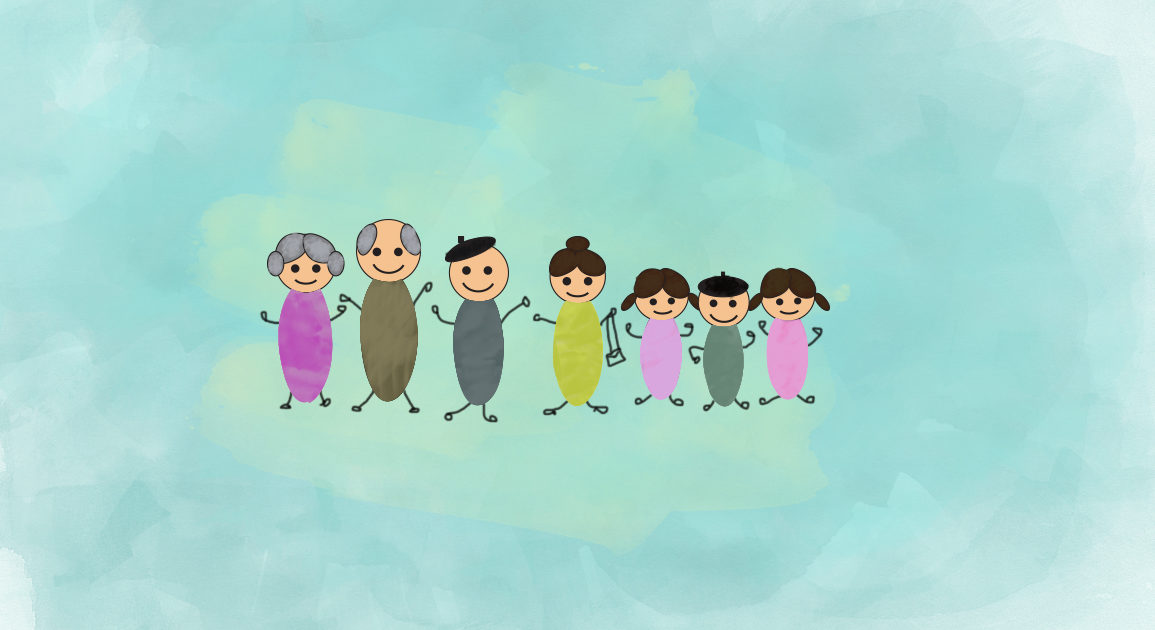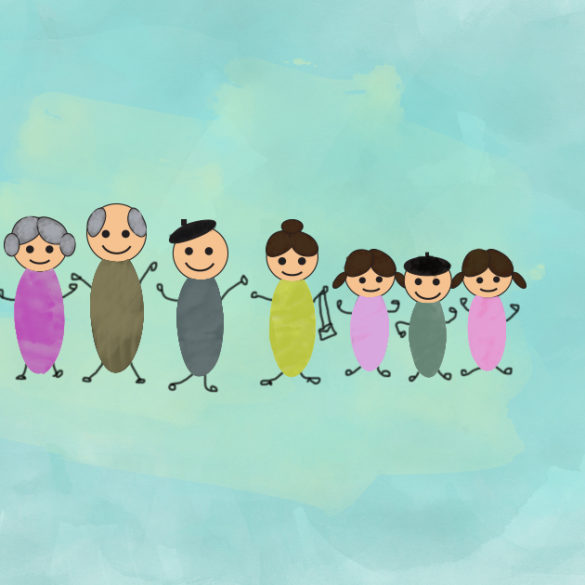Deaths, holidays, and weddings always bring families together.
Other than rare occasions growing up, my memories of my entire extended family being together revolve around one of those three events. At funerals, marriages, or Thanksgiving, you could guarantee my family would be together. The season finale of the television series Parenthood revolved around two of these events: both a wedding and a death. The final scene was of an extended family baseball game, all in tribute of a family member who died. I still think of this scene, months later, but not just because it was distinct. That final scene wasn’t so different from the many other scenes weaved into the six-season-long television series about family.
Parenthood beautifully illustrates family itself – messy, imperfect, full of fights and adoptions, sickness and sacrifices, baseball games and the undying support of family, both nuclear and extended. The show, although titled Parenthood, is more than the story of two parents and a child. It is a collection of stories. An autistic son, a rebel niece, an adopted nephew, a distanced husband, a caring father. The Braverman family is a group of imperfect people living imperfect lives.
More than anything, it is a reminder that there is no longer a clear definition of family. There is no expectation to marry young, or to have children rather than adopt. It is a reminder that we are living in extended families, and that parenting has changed in definition.
This week’s digital issue of Ball Bearings takes a look at the new family tree. From delaying parenthood to living with extended relatives, Millennials experience family differently. Our feature story takes a look at one 24-year-old woman named Brianna, who is raising her daughter in the same household as her parents and older brother. Pew Research reported that in 2011, Millennials between the ages of 25 and 34 were most likely to live in multi-generational households compared to all other age groups.
Brianna’s story, and all of the other stories in this digital issue, are stories that remind me of Parenthood. It is a real life version of family that extends beyond just parents and children. Brianna raises her two-year-old daughter with the help of her parents and her brother, and all while dealing with personal trials of her own – like going back to school.
Although Brianna isn’t alone in the fact that she is living with extended family, not as many Millennials are having children young. Birth rates for Millennial women in their 20s have declined more than fifteen percent between 2007 and 2012.
It is rare, I think, for a television series about family to intrigue people of all ages, especially young people. The reason Parenthood intrigued me is because it was more than a television series. There’s an emotional truth to the characters in the stories that makes them more than just characters. They become real people, representing individuals like Brianna who are redefining what family means today.




